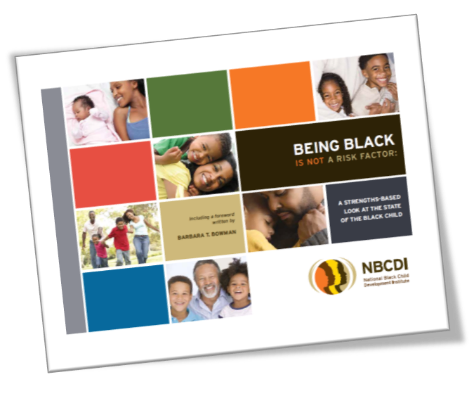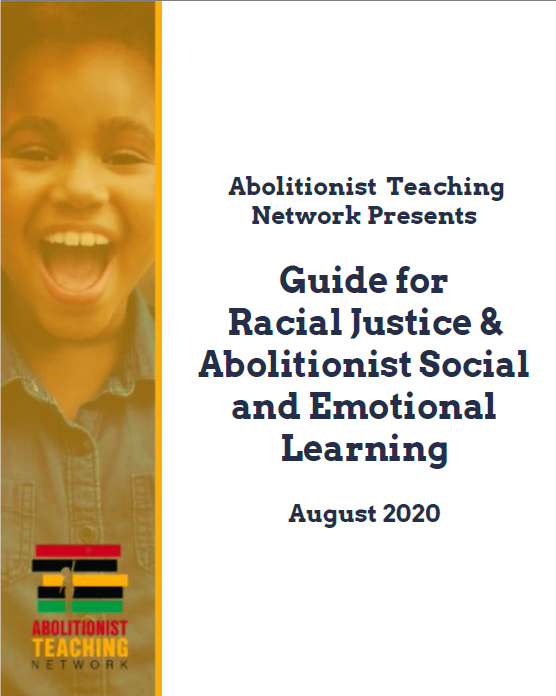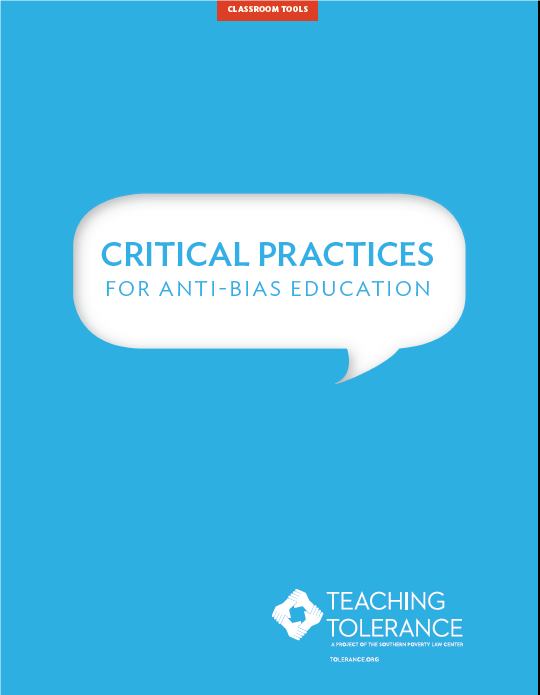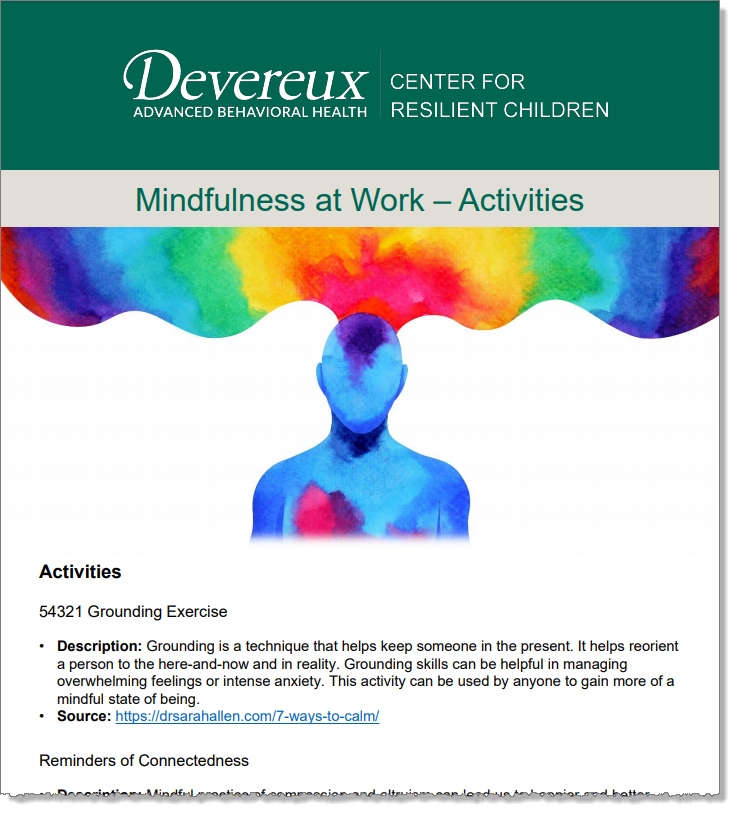Resilience Quarterly
Winter 2021
Black History Month

Reading
We have been reading and learning from “Being Black is Not a Risk Factor.” From this reading, we take away that “the state of Black children is a direct reflection of the adults’ values, beliefs, and perceptions of them – how we see them can essentially affect who and what they become.” As you approach Black History Month and the days, weeks and months that follow, consider how you are THINKING DIFFERENTLY about race, and what it means to be an anti-racist ECE professional.
“…the state of Black children is a direct reflection of adults’ values, beliefs, and perceptions of them – how we see them can essentially affect who and what they become.”
Reflecting
We have also been reflecting with the “Guide for Racial Justice & Abolitionist Social and Emotional Learning.” This resource is full of incredible reflective questions, including:
- How will we embody the spirit and goals of Black Lives Mattering in everything we do as a school?
- What long-term antiracist professional development will we implement for all faculty and staff?
- How will we implement antiracist curriculum that centers the beauty, joy, and resiliency of Black, Brown, and Indigenous people? How will we also learn and teach about the African diaspora?
- What school policies can we eliminate that are harmful or oppressive to our students of color? How can we replace them with healing centered policies?
- What administrative actions are we implementing to ensure teachers feel supported to practice Abolitionist Teaching?
These final two questions are particularly relevant to the COVID-19 global pandemic:
- What supports are in place to ensure students and families are socially, emotionally, and materially supported during virtual learning?
- What plans are in place to promote faculty and staff wellness during and after COVID-19?
From these reflection questions and many more, we take away the importance of ACTING INTENTIONALLY as you approach Black History Month, and the social and emotional needs of Black and Brown children and families.
Promoting Resilience and Racial Equity
We have been using “Critical Practices for Anti-Bias Education” to help us consider how resilience and racial equity walk together. This resource has a helpful section on family engagement and provides these guidelines:
- Assume good intentions, and approach all families as partners who want the best for their children.
- Invite parents or guardians to share knowledge about their students’ lives, interests, hopes and struggles.
- Invite parents and guardians to share information about family cultures and traditions.
- Recognize and respect differences in family structures.
- Recognize the role that identity and background may play in shaping relationships between teachers and families.
- Bring a sense of self-reflective and cultural humility to all conversations and interactions.
- View linguistic, cultural and family diversity as strengths.
From these guidelines, we are reminded that true racial equity and resilience must happen through AUTHENTIC CONNECTIONS with families. As you approach Black History Month and the days, weeks and months that follow, consider how authentic connections must play a role in lesson planning and individualization efforts.
Thinking differently, acting intentionally, and connecting authentically (Valarie Annette, Culturally Fluent Families) are central to creating early care and education systems that promote equity and social-emotional health.
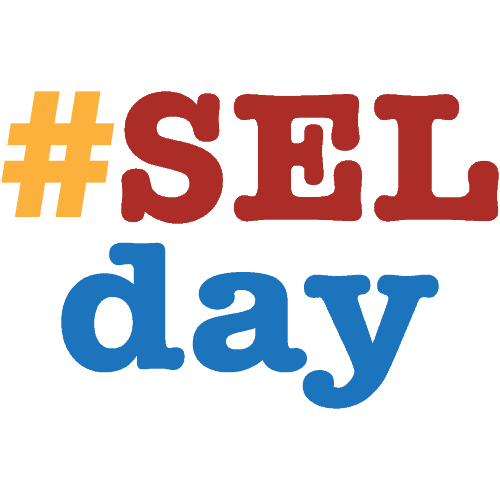
International SEL Day
March 26, 2021
As such, especially in honor of SEL Day, we are planning to celebrate for the full week! From March 22-26, 2021, our team will be celebrating this important topic. We will be promoting and advocating for SEL in schools, organizations and communities. Each day of this special week, we will be sharing our efforts to show just how important SEL is, as well as how simple it is to implement SEL practices.
We hope that you will keep an eye out during that week, and we hope that you’ll join us in making a similar commitment! You can sign up to participate at www.SELday.org.

Help Families Thrive
Since our circumstances haven’t much changed, and we’re not sure when they will, our team wants to continue to support your work with parents and families. We continue our work to create tools and resources for you to share with them, and we also want to ensure you know of existing resources that you can utilize.
The DCRC Website
If you know us, then you know the abundant amount of information we have available to you on our website, but do you know of the pages we have for parents and families? Our team is committed to promoting partnerships between parents and teachers. In addition to our teacher resources, we also offer activities, strategies, and resources that parents and families can use at home with their children! Go ahead and check it out for yourself, and please feel free to share with your parents and families.
[Webinar On Demand] Family Resilience: A Journey of Strength and Support
Now available on demand, this webinar brings you Nefertiti B. Poyner, Ed.D., discussing how to support and strengthen family resilience. You’ll learn how to (1) empower parents to promote safe, trusting and healing environments, (2) show parents how ordinary, everyday interactions are the perfect moments to strengthen children’s resilience, and (3) help parents to understand that their own personal resilience is essential for overall family resilience. Watch now.
e-DECA Parent Ratings
Does your program utilize the web-based DECA? If yes, are you aware that parent ratings can now be collected via email? Be sure to speak with your e-DECA program administrator about it first, but know that you can learn all about this latest enhancement within the e-DECA System itself! Just log in and go to either (1) Help >> Available Documents and access the file titled “HOW TO Send a Parent/Guardian a Rating Request, or (2) Help >> Video Demos and access the video titled “HOW TO Send a Parent/Guardian a Rating Request.”
*Please note that this enhancement is only available in English at this time.
The FLIP IT! Online Course
Are the parents and families you work with sharing about the challenging behaviors of their children at home? Have you ever discussed the FLIP IT strategy with them? What about the FLIP IT! Online Course? Well, this self-paced course isn’t just for teachers and staff. You can share this with your parents and families, too! Direct them to this page of our website to learn all about it, and then maybe you can agree on a plan for them to take the course.
The DCRC Team Goes Virtual!
From DCRC Director Susan Damico:
Based on the lessons we had learned from delivering virtual trainings, we decided on a few key ground rules: (1) The retreat would take place over the course of one week, with us spending time together on our Zoom calls for only 2-3 hours per day; (2) The retreat would have a theme woven throughout our time together, with each day including a fun game or activity to make us smile and laugh; and (3) Goodies/gifts would be sent in advance to each team member, so that each day, everyone had a gift to open – inexpensive, but thoughtful and theme based.
I am so proud to lead this creative team that came together with such enthusiasm and excitement for our retreat. While we missed being together in person, it didn’t stop us from laughing, sharing, and accomplishing the meeting goals. We have decided that when we practice our resilience-building strategies, the DCRC Team can do VIRTUALLY anything!
Check out some of the fun pictured below, including our virtual s’mores party, an online shopping spree and the unveiling of our team gifts!
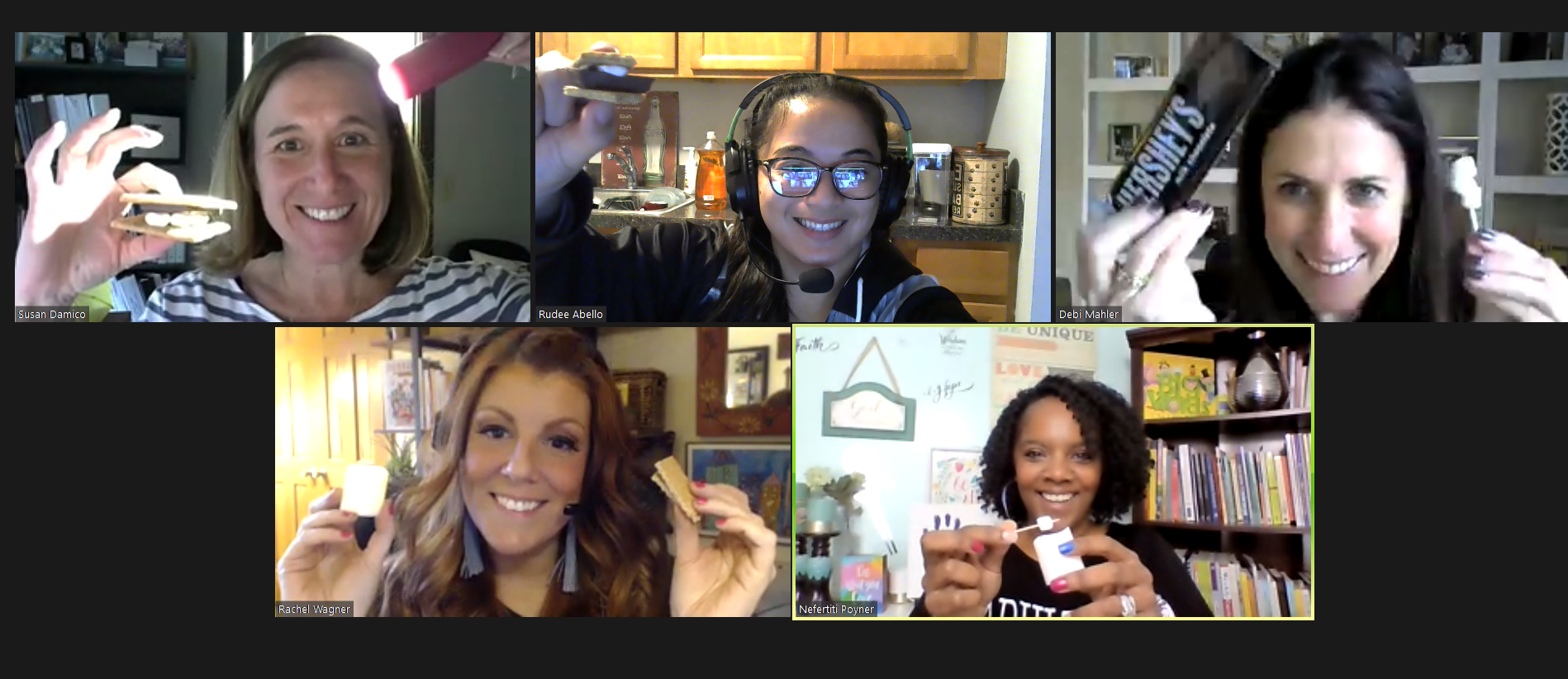
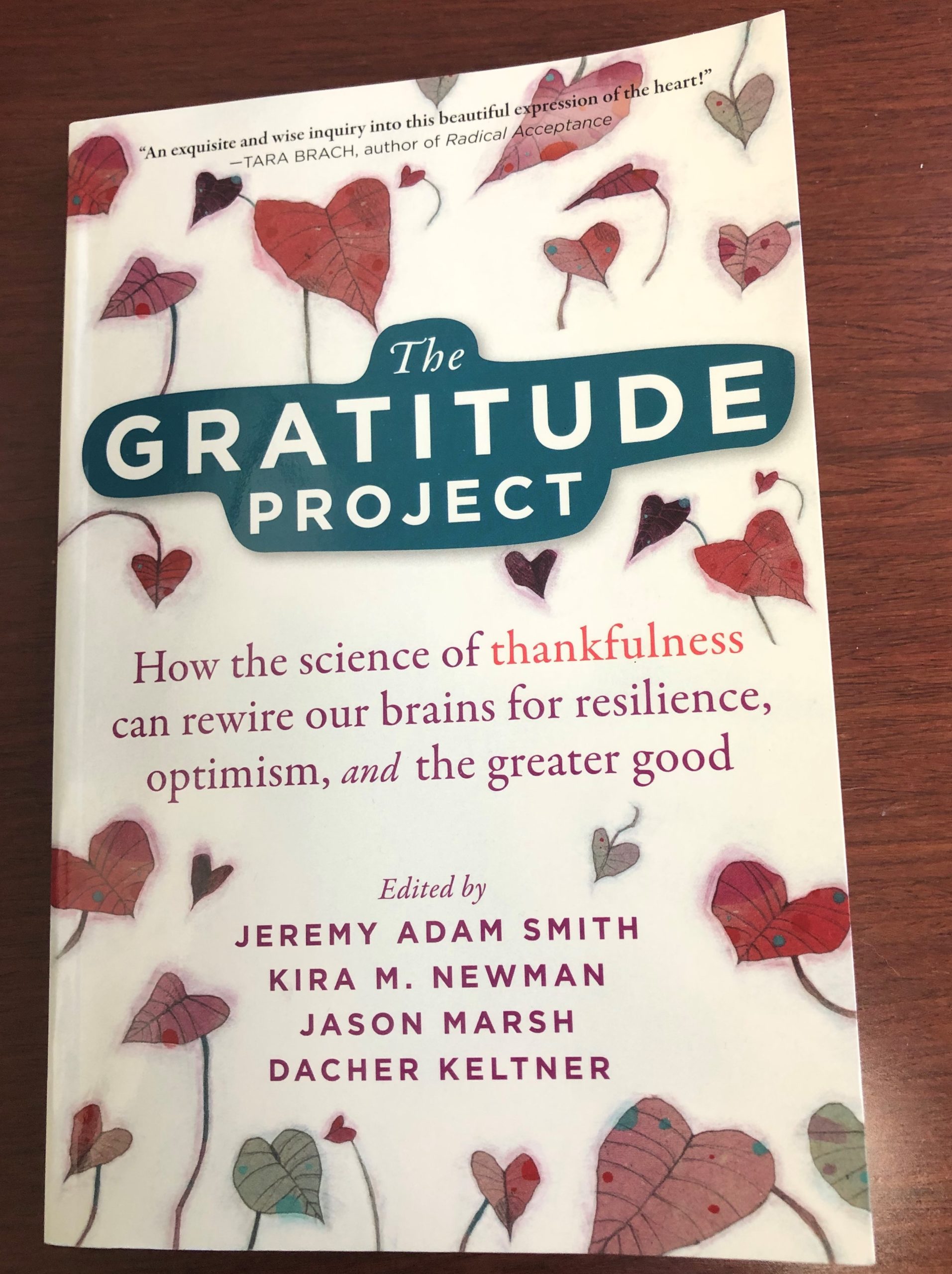
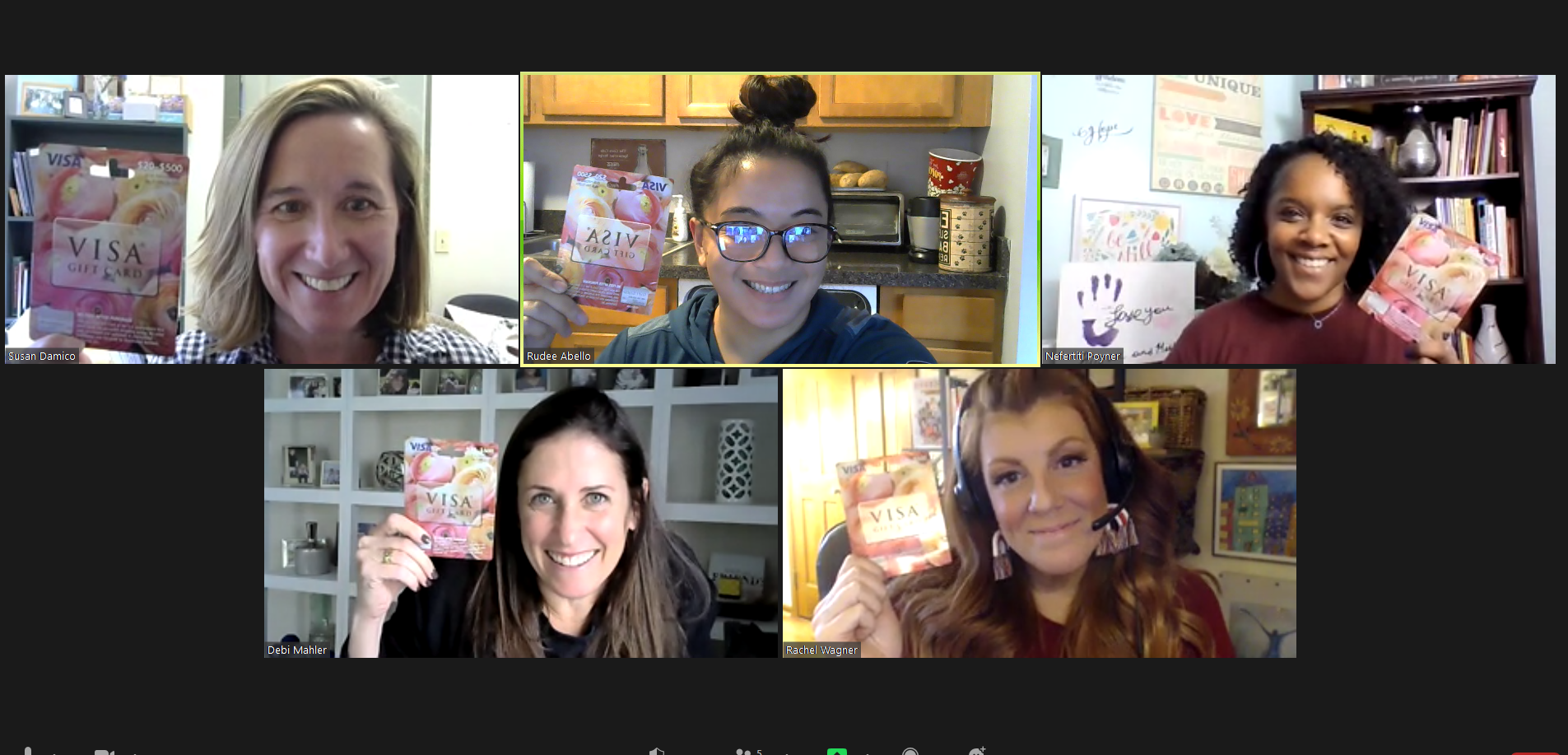

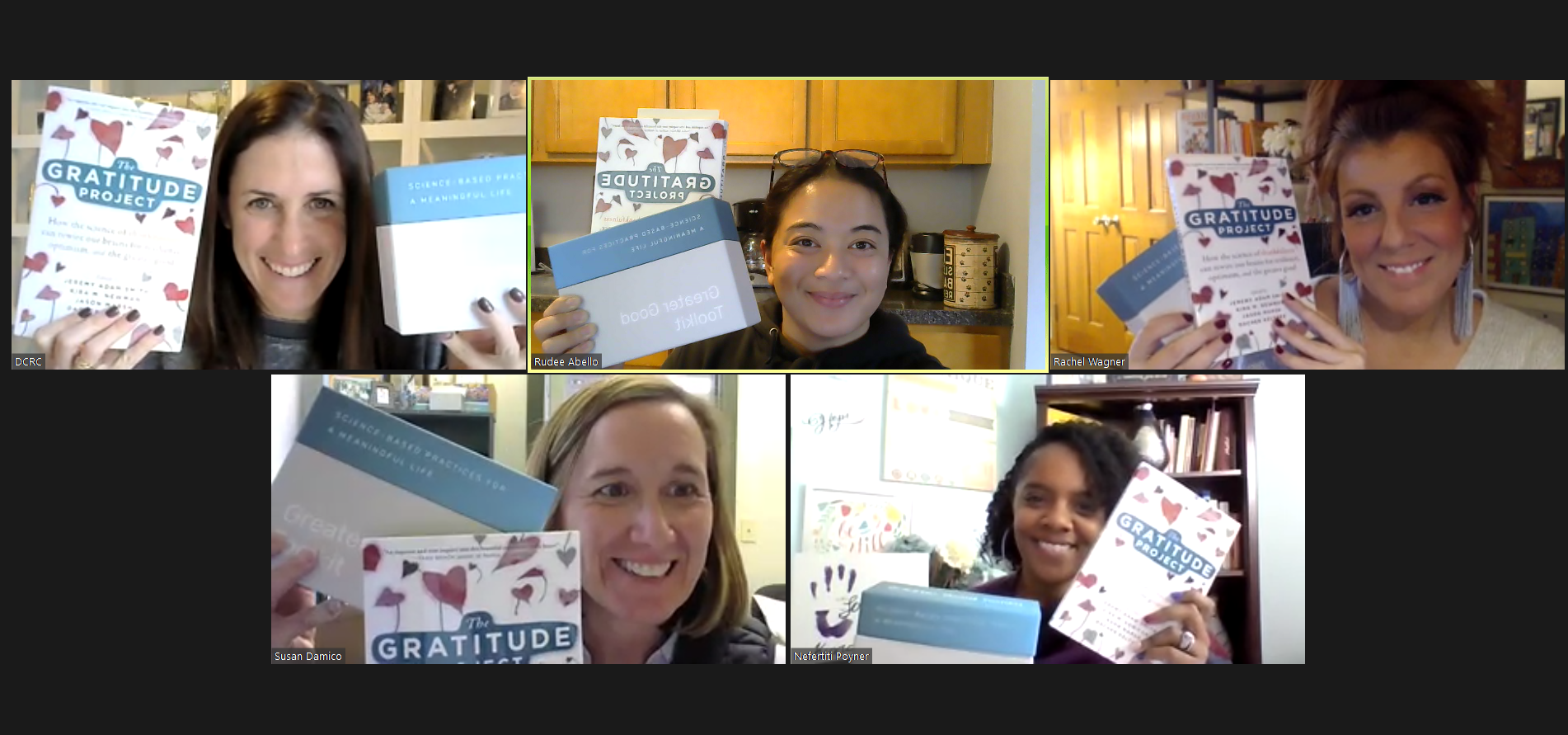
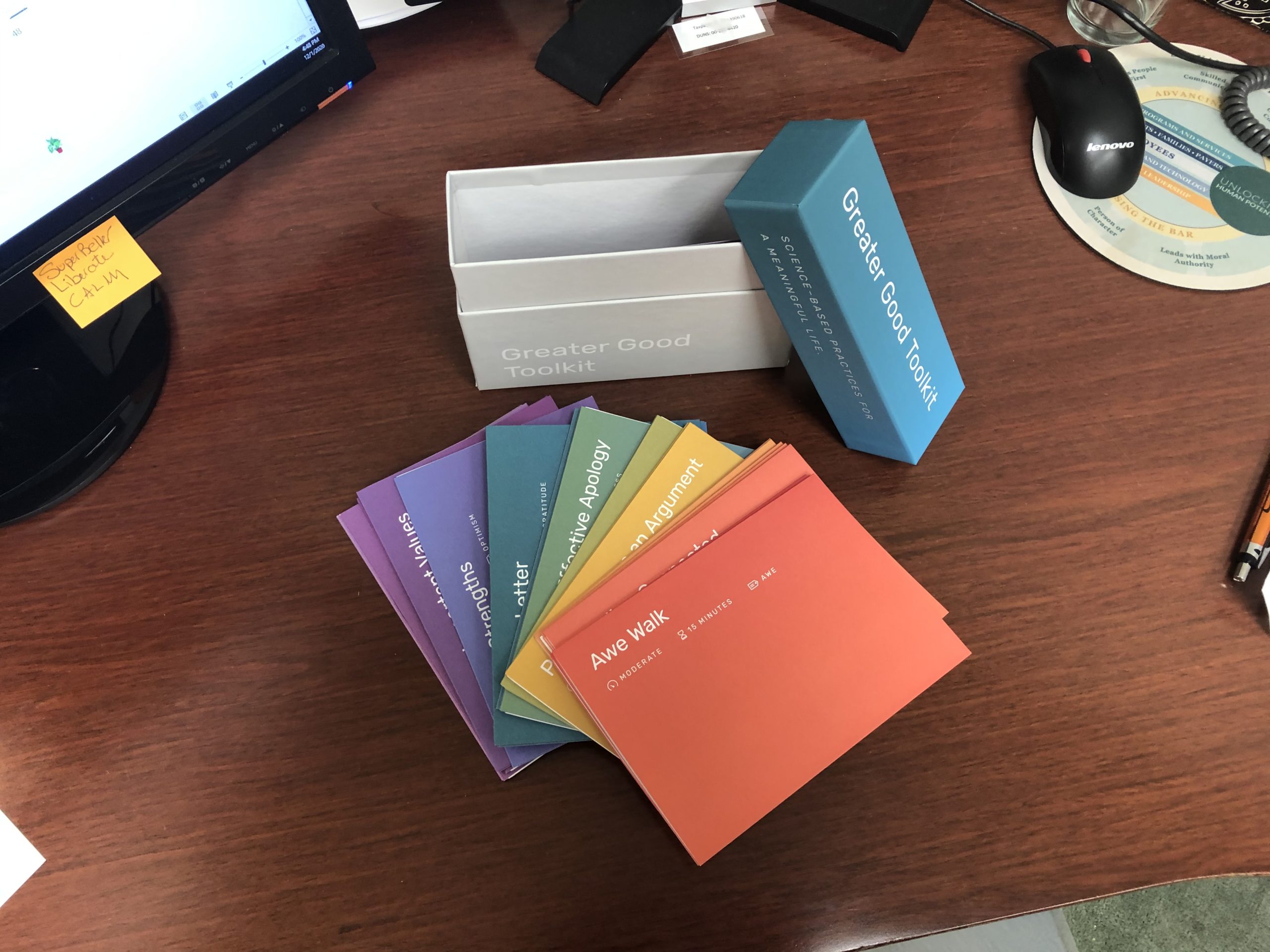
RESHARE: Mindfulness-at-Work Activities
Our team begins every monthly staff meeting with a mindfulness activity,


